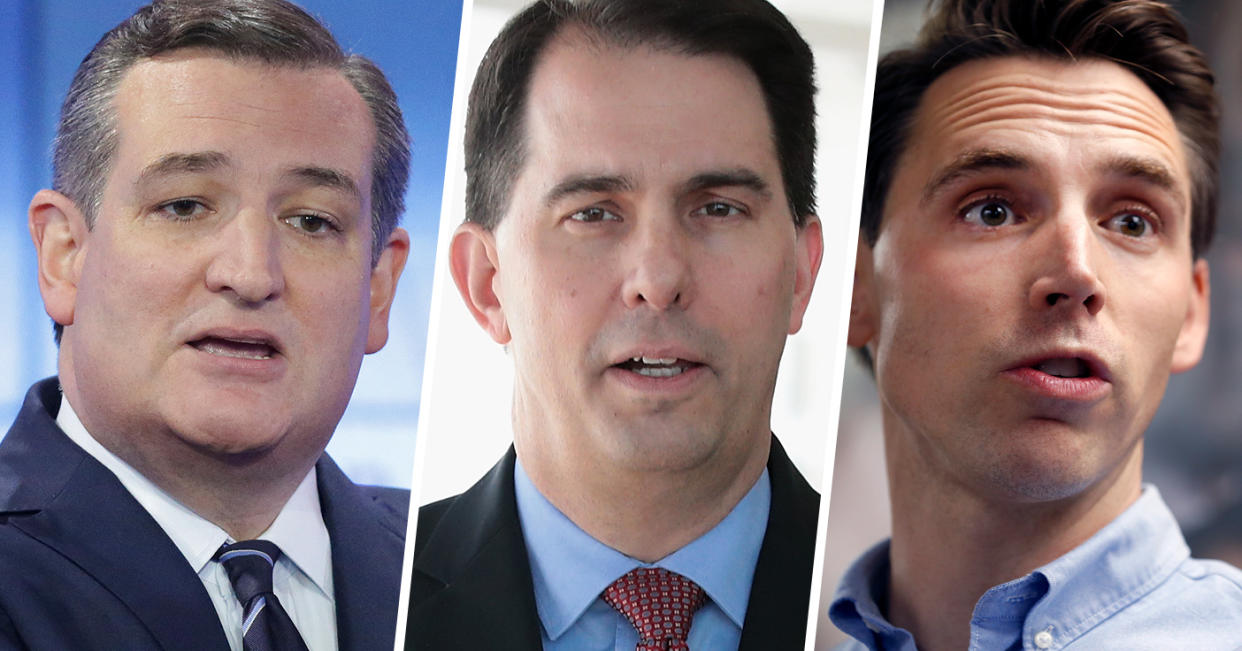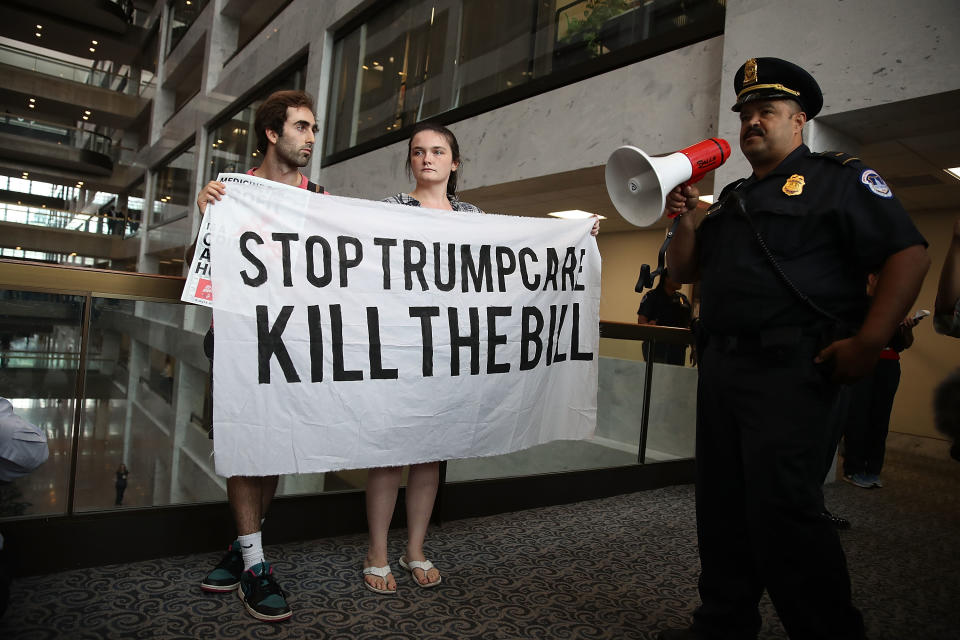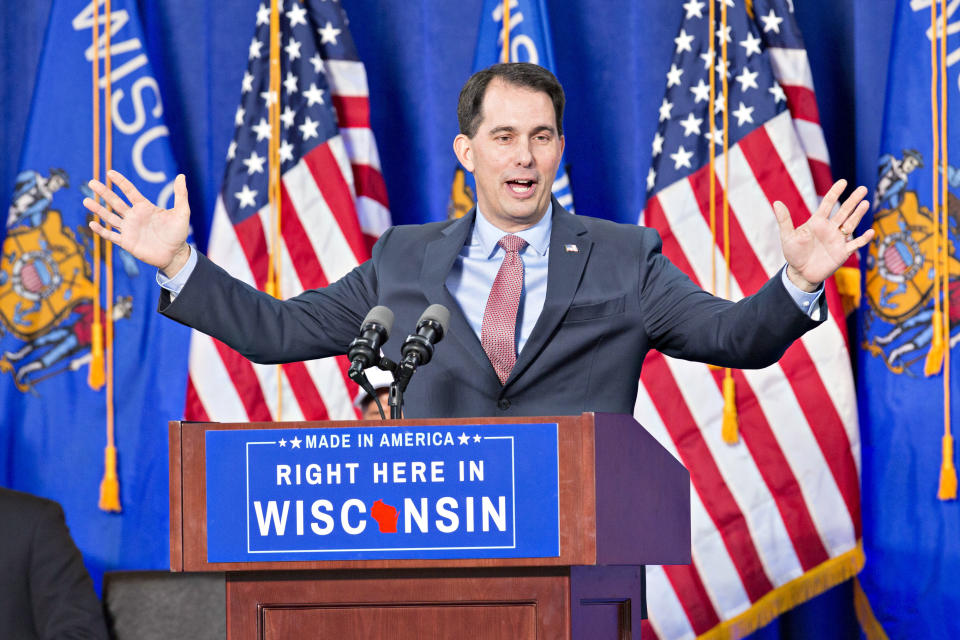Republican candidates trying to have it both ways on Obamacare

In the second and final debate of a contentious Texas U.S. Senate campaign, Sen. Ted Cruz, R-Texas, used his closing argument to discuss the importance of protecting Americans who had pre-existing health conditions.
“On Obamacare, I want to repeal Obamacare, reduce premiums, protect pre-existing conditions and expand access,” said Cruz.
This is an interesting position for Cruz, who spent much of his first term in the Senate railing against Obamacare, or the Affordable Care Act (ACA), which guarantees protections for those with pre-existing conditions. In 2013, Cruz engineered a 16-day shutdown of the government in an effort to defund the program. As a presidential candidate in 2015 and 2016, he repeatedly promised to push for a full repeal as president. Throughout 2017, Cruz did not just vote multiple times to repeal the ACA without a replacement — leaving millions without health care, including those with pre-existing conditions — but Cruz also proposed his own amendment that, according to one analysis from the Center on Budget and Policy Priorities, “would worsen already harmful Senate health bill for people with medical conditions.”
Analysts agree that requiring insurers to cover pre-existing conditions is meaningless without a mechanism to control or subsidize premiums, which was the problem the ACA sought to address with its controversial individual mandate.
“As healthy people move to the less-regulated plans, those with significant medical needs will have no choice but to stay in the comprehensive plans, and premiums will skyrocket for people with preexisting conditions,” said America’s Health Insurance Plans and BlueCross/BlueShield in a letter to the Senate of Cruz’s amendment.

During their 2017 attempts to repeal and potentially replace the ACA, Republicans could not come up with a bill that didn’t kick millions off insurance while raising premiums. Axios reported in August that Republicans would probably try again to repeal Obamacare if they hold on to both houses of Congress, a possibility Senate Majority Leader Mitch McConnell raised again earlier this week. While it is in theory possible to pass new legislation that repealed the ACA while protecting those with pre-existing conditions, it seems like something the GOP would have done in 2017 if they had a practical plan.
But Cruz is far from the only GOP candidate running this cycle who has or is currently trying to gut Obamacare while running on the importance of protecting people with pre-existing conditions.
Josh Hawley, the Missouri secretary of state and Republican challenger of incumbent Sen. Claire McCaskill, has signed on to a multistate lawsuit seeking to overturn the ACA in its entirety. Not only would this result in the loss of protections for those with pre-existing conditions but this would also take health care away from millions who benefited from the expansion of Medicaid. This has not stopped Hawley from campaigning on the importance of protecting those with pre-existing conditions.

Wisconsin Gov. Scott Walker also authorized his attorney general to sign onto the lawsuit that would repeal Obamacare and said last year that he would have considered a waiver allowing insurance companies to raise premiums on those with pre-existing conditions. Now that he’s stuck in a tough reelection battle, Walker has come out in support of protecting pre-existing conditions while Wisconsin remains signed onto the anti-ACA lawsuit.
Opposing ACA while campaigning as a champion of coverage for pre-existing conditions is not unusual this cycle. Senate races in Pennsylvania and Arizona, along with a number of House races, have candidates in that position. With Republican health care plans unpopular in polling and support for the ACA hovering around 50 percent, Republicans are now trying to embrace key parts of the law they still say they want to repeal.





